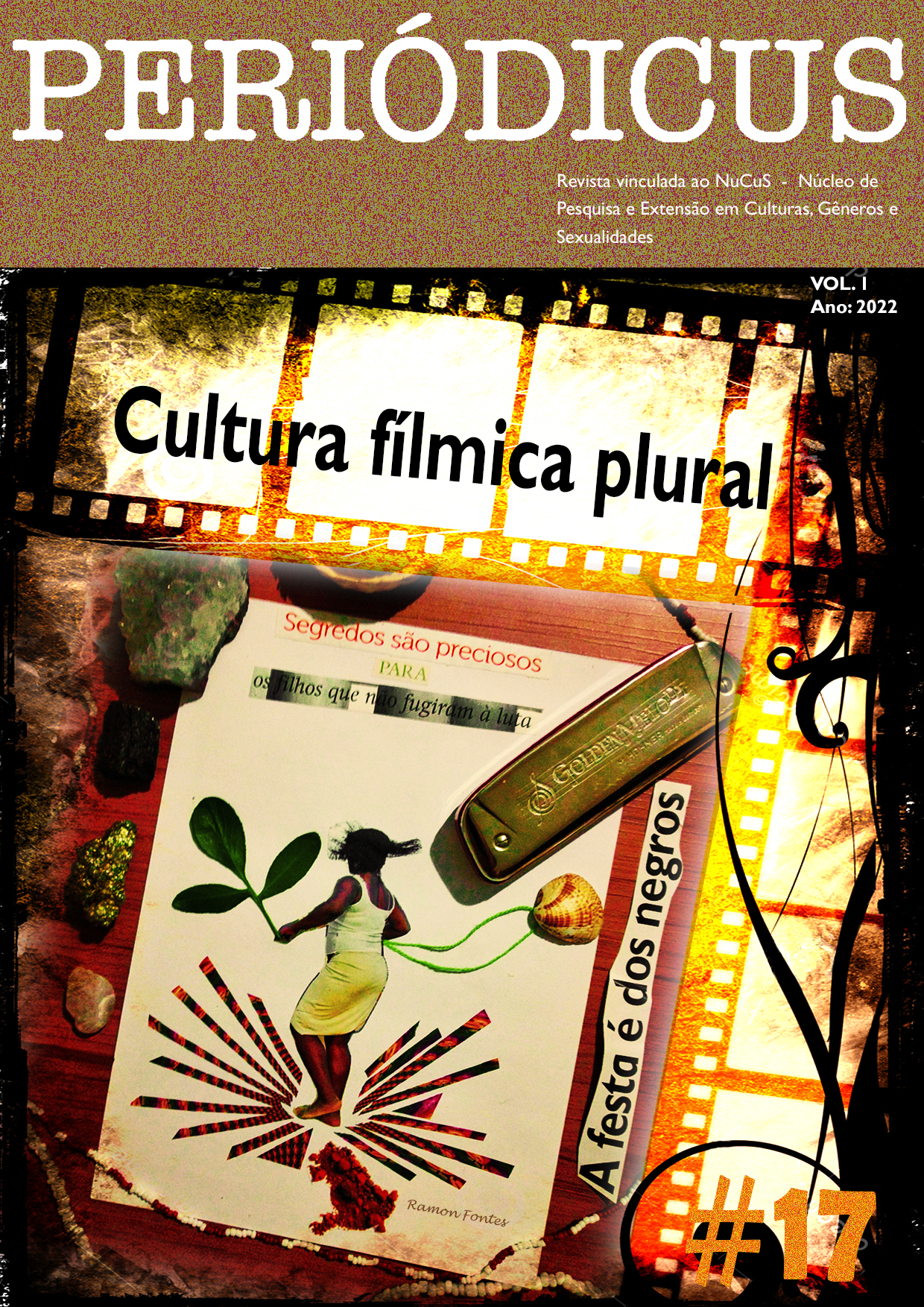Homophobic hate speech on social media:
an analysis from the public speeches of the Bolsonaro family
DOI:
https://doi.org/10.9771/peri.v1i17.37635Abstract
This paper aims to problematize hate speeches that have been circulating on social networks, especially since the 2018 electoral period, given by the former candidate and today president, Jair Messias Bolsonaro. It tests possibilities of analysis on how the hate speech against LGBTQIA+ people spreads, finds supporters and may be related to cases of violence that have been occurring outside the virtual space, such as verbal and physical violence. The motivations for writing emerge from our attention to these speeches, in view of our link with a specialization course in gender relations and sexualities, from a federal public university, and with gender and sexuality studies under constructionist and postcriticism. We problematize the public speeches of the politician as power strategies to legitimize privileges and reiterate, in language, as a producer of the world and of subjectivities, prejudices and violence directed at dissident subjects of cisheteronormativity. To this end, we used a survey of videos, posts and comments on the Facebook social network of the then presidential candidate at the time and, eventually, of his children, Senator Flávio Bolsonaro, Federal Deputy Eduardo Bolsonaro and Councilman Carlos Bolsonaro.
Keywords: Hate Speech. LGBTQIA+ people. Social media. Bolsonaro family. Homophobia.
Downloads
Downloads
Published
How to Cite
Issue
Section
License
Copyright (c) 2022 Roney Polato de Castro, Marluce Moura Lopes

This work is licensed under a Creative Commons Attribution-NonCommercial 4.0 International License.
Autores que publicam nesta revista concordam com os seguintes termos:
Autores mantêm os direitos autorais e concedem à revista o direito de primeira publicação, com o trabalho simultaneamente licenciado sob Licença Creative Commons Attribution Noncommercial que permite o compartilhamento do trabalho com reconhecimento da autoria e publicação inicial nesta revista, sendo vedado o uso com fins comerciais.
Autores têm autorização para assumir contratos adicionais separadamente, para distribuição não-exclusiva da versão do trabalho publicada nesta revista (ex.: publicar em repositório institucional ou como capítulo de livro), com reconhecimento de autoria e publicação inicial nesta revista.
Autores têm permissão e são estimulados a publicar e distribuir seu trabalho online (ex.: em repositórios institucionais ou na sua página pessoal) a qualquer ponto antes ou durante o processo editorial, já que isso pode gerar alterações produtivas, bem como aumentar o impacto e a citação do trabalho publicado (Veja O Efeito do Acesso Livre).







